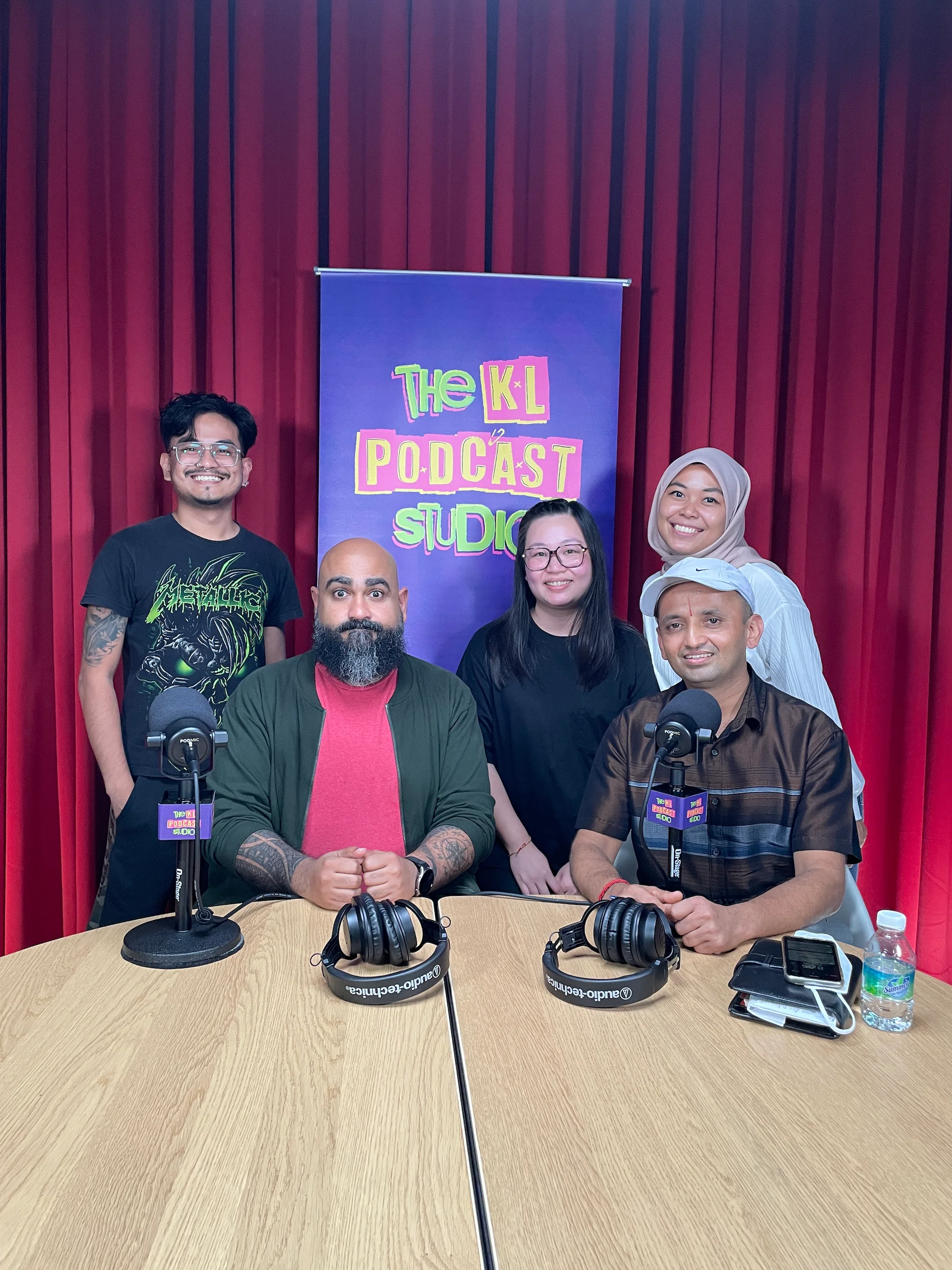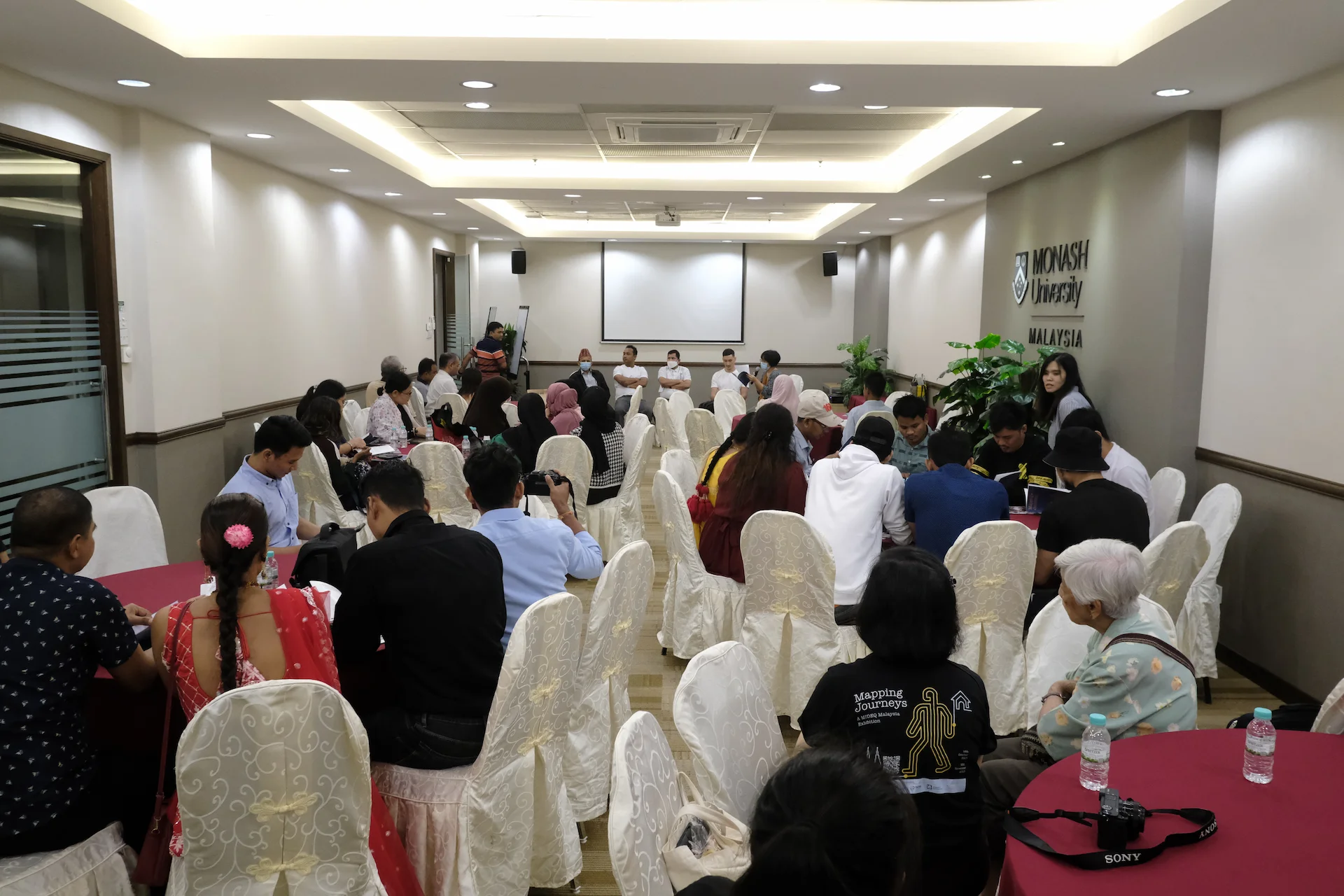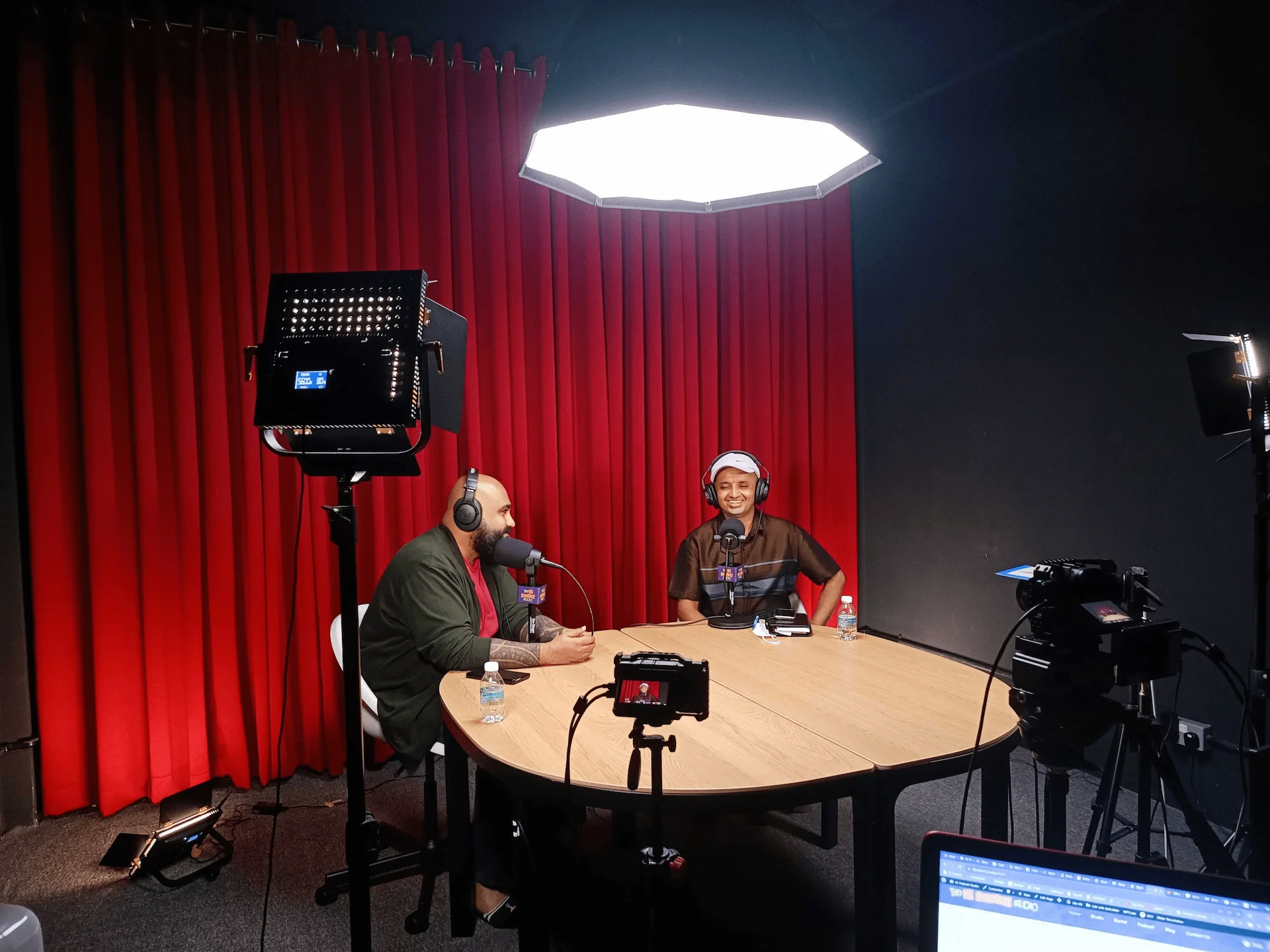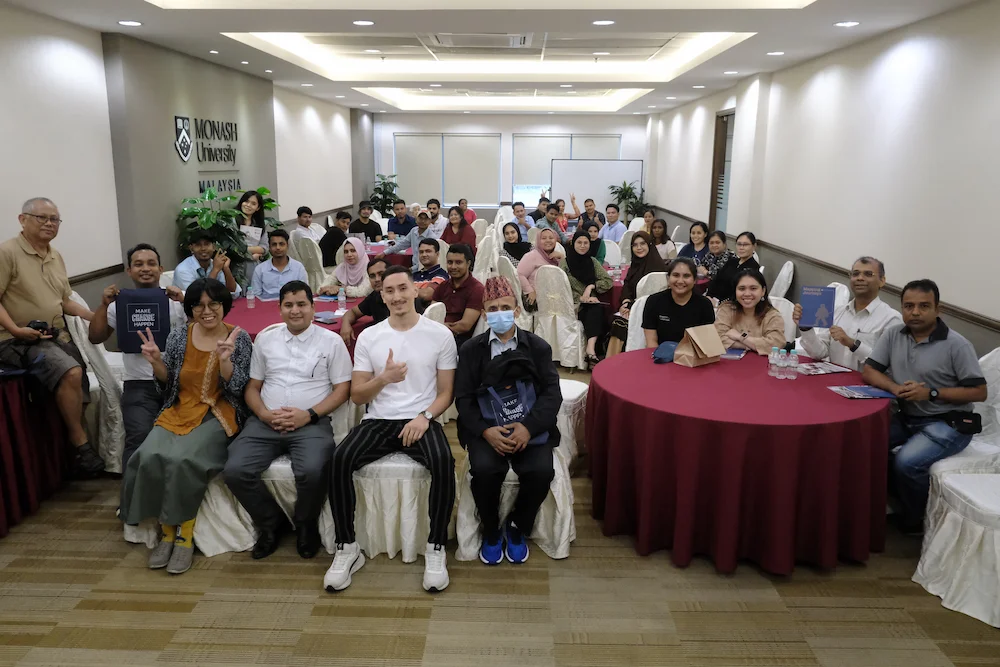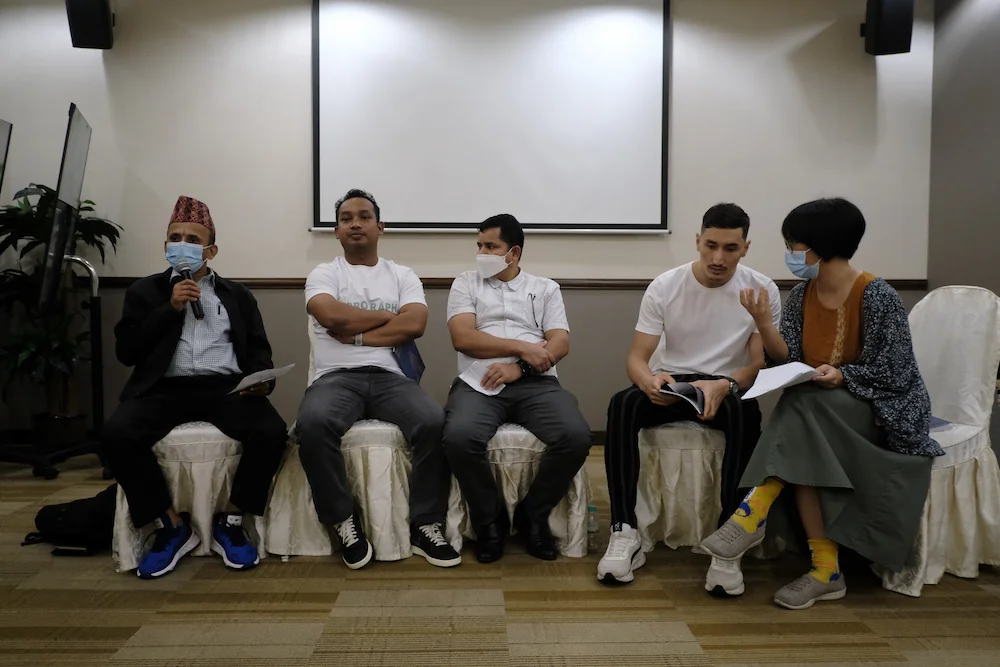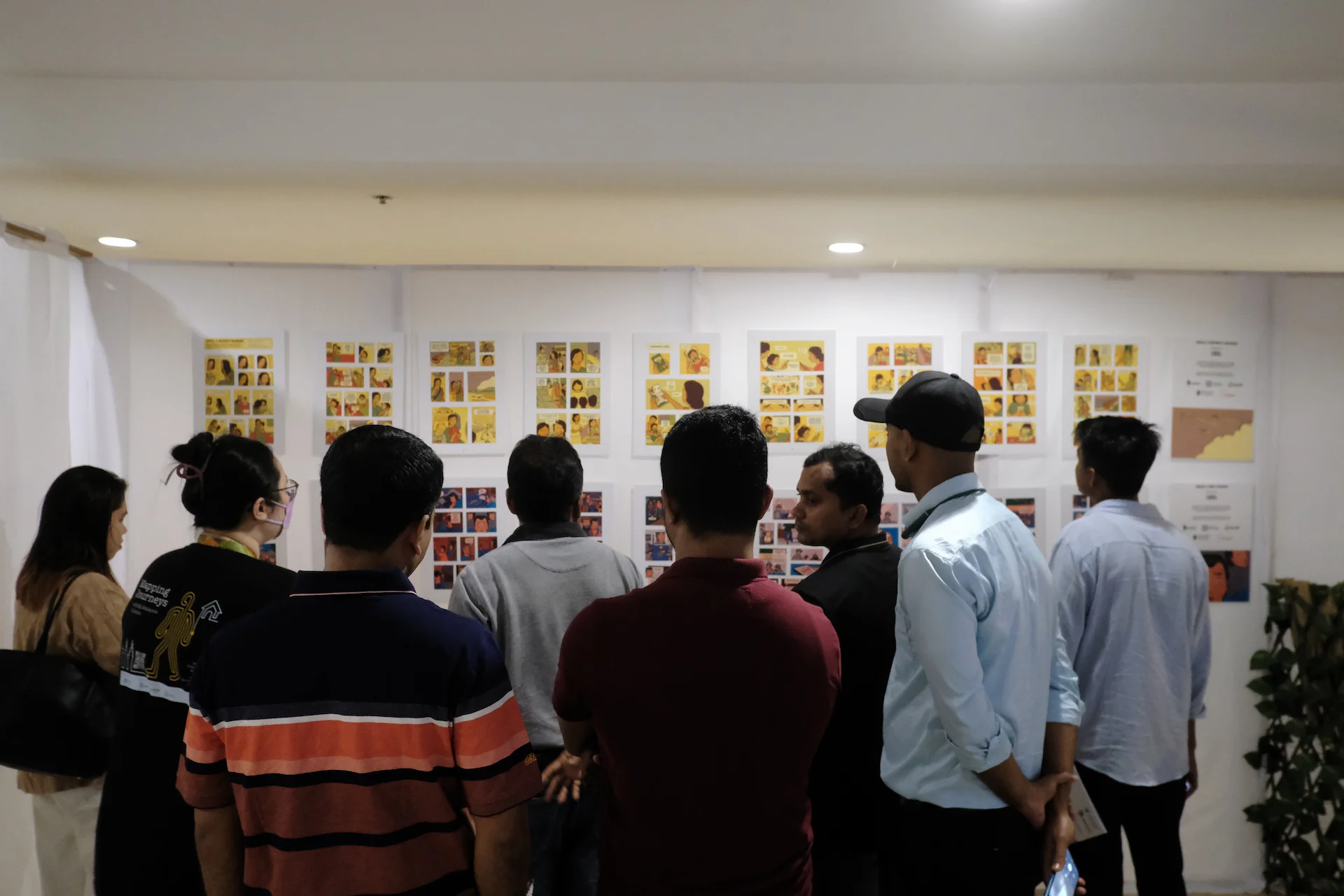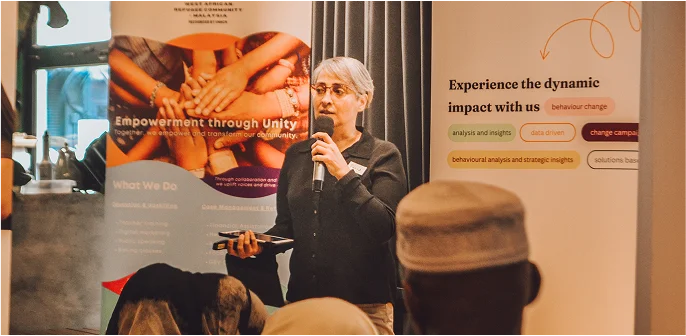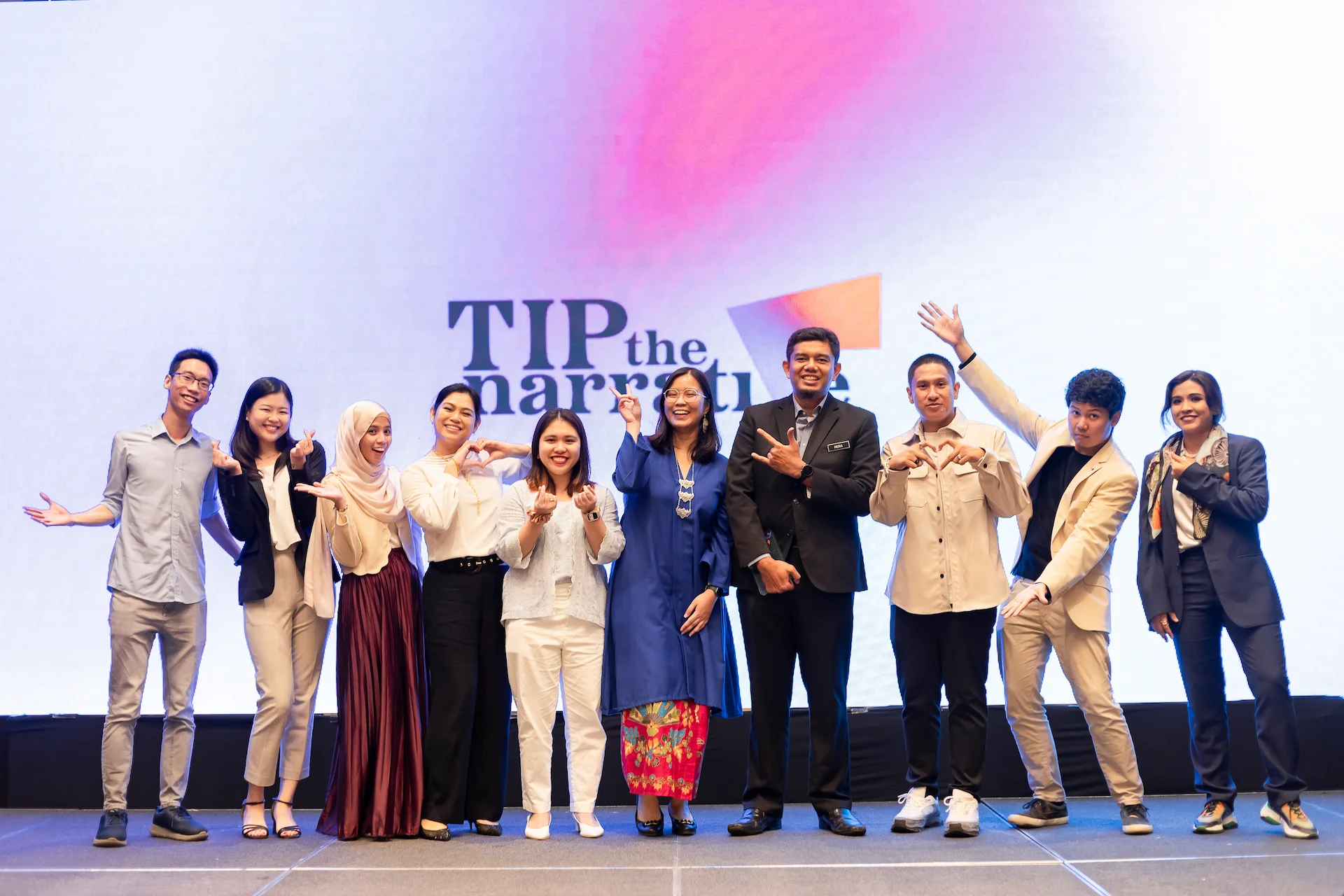1,150 comics were produced in 7 languages:
English, Nepali, Malay, Indonesian, Burmese, Tagalog, and Urdu.
You can read the comics here:
English version
Malay version
A video podcast titled “The Human Connection” shared the story of Bikram, a Nepali man who has spent his past 15 years in Malaysia. You can watch it here.
